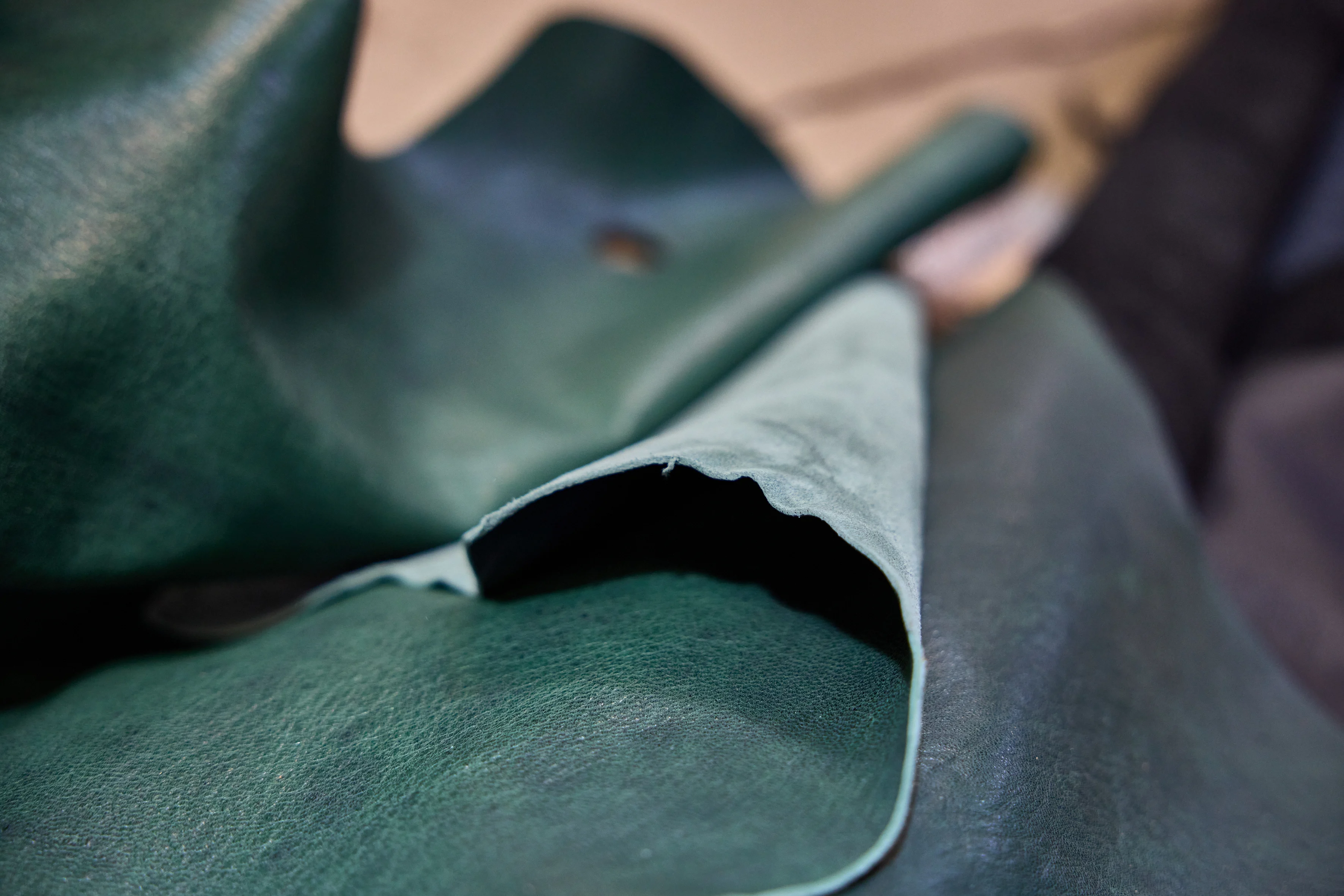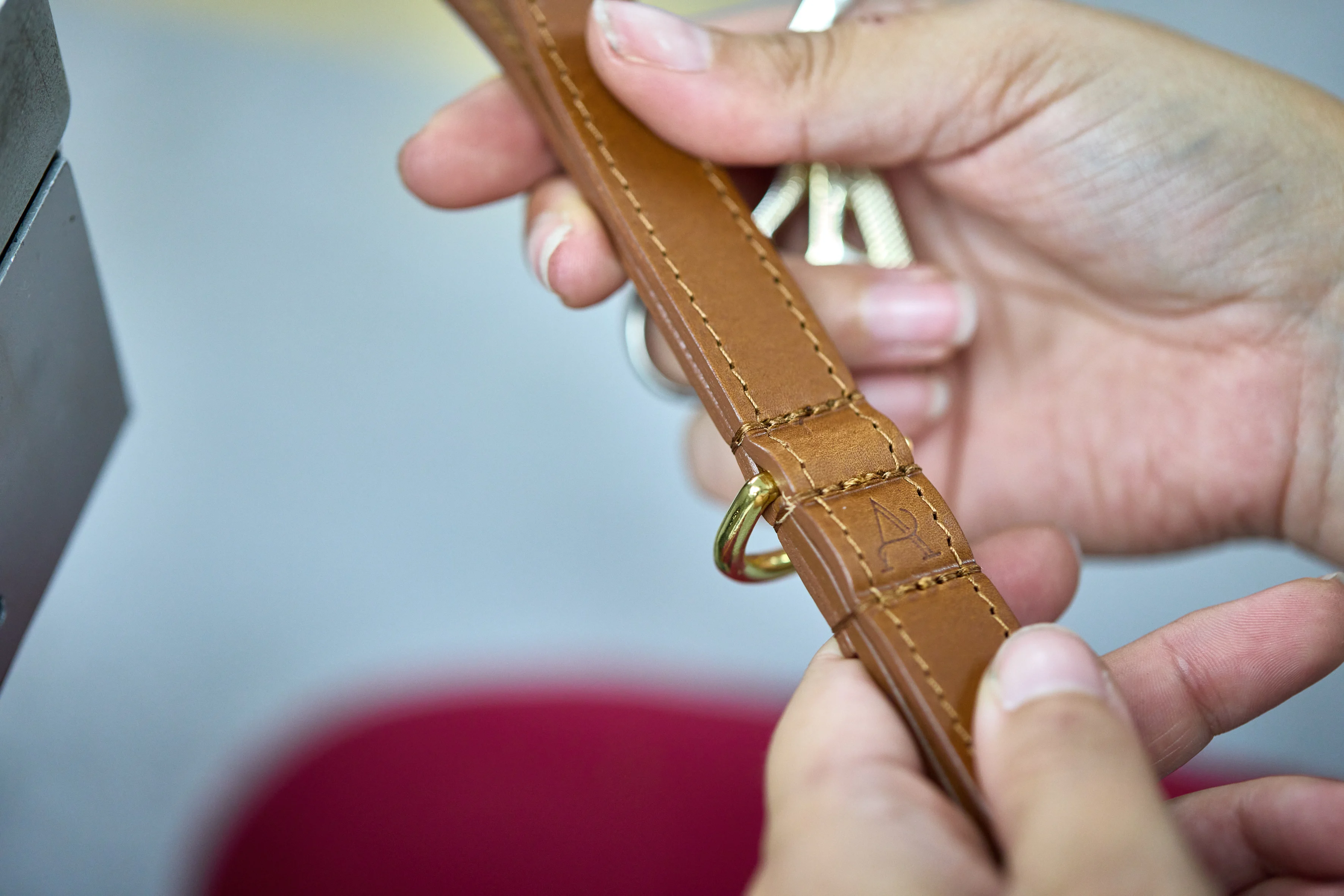Materials
How we source
Local
If we are not able to source something locally, we look further afield, sampling dozens of suppliers along the way before settling on the right one.
Natural
Where possible, we avoid synthetic materials, and only use them under where there is no other option, or where the performance or durability would be compromised.
Cruelty-free
Materials such as the leather we use are a by-product of the food industry. We do our best to ensure that we only work with suppliers that adhere to strict animal welfare standards.
Renewable
We have a preference for materials that are renewable, and either biodegrade when they reach the end of the road, or can be reliably recycled.
Non-toxic
We strive to avoid the use of any materials that involve the use of polluting chemicals. For instance, we use veg-tanned leather instead of chrome-tanned leather, as the latter involves using chemicals that are far more toxic than the former.
Durable
The materials we use are purposefully selected for their ability to age gracefully. Modern materials that often are an attempt at mimicking ‘the real thing’ tend to lose their appeal when they inevitably get damaged through everyday use. Small chips, dents and other imperfections should not mean; 'time to get another'.
Our materials
Vegetable-Tanned Leather
Learn more
Solid Brass
Learn more